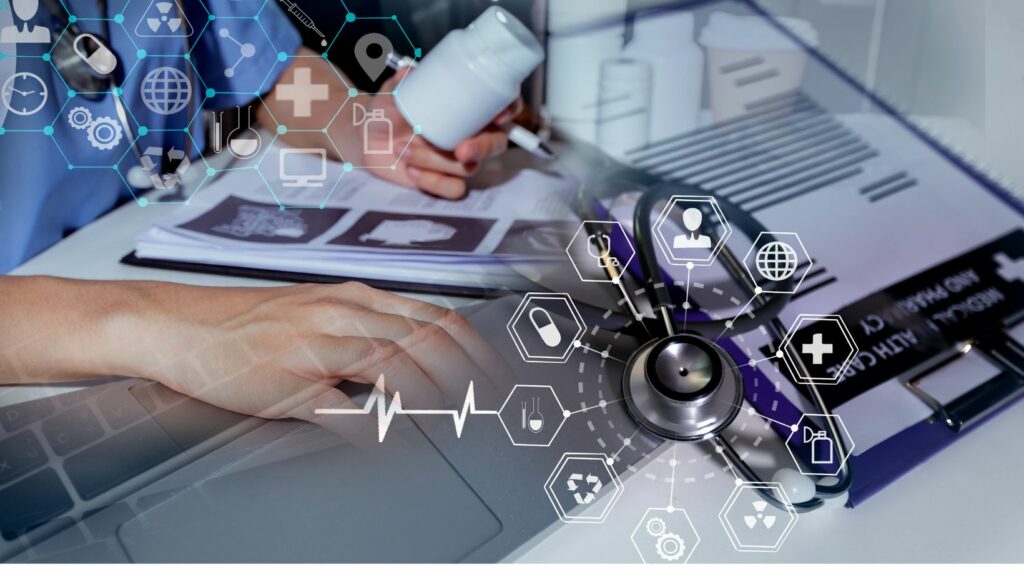Health Care Solutions
Healthcare solutions play a crucial role in improving patient outcomes and enhancing overall experiences. With the rising demands for quality care and the need to navigate complex challenges, these solutions offer a way for healthcare providers to revolutionize the delivery of care. By emphasizing innovative technologies and streamlined processes, providers can meet the evolving needs of patients and communities more efficiently.
Key points to consider regarding the importance of healthcare solutions:
- Enhance patient outcomes
- Improve overall experiences
- Navigate complex challenges effectively
- Revolutionize care delivery
Embracing healthcare solutions can lead to significant improvements in the way care is delivered and make a lasting impact on individuals and communities alike. By leveraging these innovative tools and approaches, healthcare providers can stay ahead of the curve and deliver the quality care that patients deserve.

Innovative Technologies in Healthcare
Innovative technologies in healthcare play a pivotal role in transforming the way patient care is delivered. Healthcare providers are increasingly turning to cutting-edge solutions to enhance patient outcomes and streamline processes.
Here are some key points on how innovative technologies are making a difference in healthcare:
- Telemedicine: Remote consultations and monitoring have become more accessible, providing patients with convenient access to healthcare professionals without the need to travel.
- Artificial Intelligence: AI algorithms are being utilized to analyze large datasets quickly, assisting in diagnostics, treatment planning, and personalized healthcare delivery.
- IoT Devices: Connected devices such as wearables and sensors help in remote patient monitoring and allow healthcare professionals to track patient health metrics in real-time.
- Blockchain: This technology ensures secure data sharing and privacy protection, critical in maintaining patient confidentiality and data integrity.
- Virtual Reality: VR is being used for medical training and patient education, offering immersive experiences that enhance learning and understanding of complex medical concepts.
By embracing these innovative technologies, healthcare providers can improve efficiency, accuracy, and patient outcomes, ultimately transforming the delivery of care for the better.
Streamlined Processes for Improved Care
In the realm of healthcare solutions, streamlining processes is crucial for enhancing efficiency and delivering quality care to patients. By implementing digital health tools and innovative technologies, healthcare providers can optimize workflows and ensure that patients receive timely, accurate, and personalized care.
Benefits of Streamlined Processes in Healthcare:
- Faster Access to Information: Improved data sharing and integration lead to quick access to patient records, enabling healthcare professionals to make informed decisions promptly.
- Reduced Administrative Burden: Automation of administrative tasks such as scheduling, billing, and documentation frees up healthcare staff to focus more on patient care.
- Enhanced Communication: Seamless communication channels within healthcare facilities facilitate better coordination among care teams and ensure timely interventions for patients.
- Electronic Health Records (EHR): EHR systems centralize patient information, making it easily accessible to healthcare providers and reducing the risk of errors.
- Telemedicine Platforms: Virtual consultations and remote monitoring tools enable patients to connect with healthcare professionals from the comfort of their homes, saving time and resources.
- Workflow Automation: Implementing AI-powered solutions for tasks like triaging patients and medication management streamlines processes and improves clinical decision-making.

Embracing Telemedicine for Remote Consultations
Telemedicine has revolutionized healthcare by enabling remote consultations between patients and healthcare providers. It allows individuals to access quality care from the comfort of their homes, saving time and reducing unnecessary hospital visits. Studies have shown that telemedicine can lead to improved patient outcomes and higher satisfaction rates.
Key benefits of embracing telemedicine for remote consultations include:
- Increased access to care: Especially beneficial for patients in rural or underserved areas.
- Convenience and flexibility: Patients can schedule appointments without the need to travel.
- Cost-effective: Reduces healthcare costs associated with transportation and time off work.
Incorporating data-driven analytics into healthcare practices is crucial for delivering personalized care and enhancing patient outcomes. By harnessing advanced technologies, healthcare providers can predict health issues, improve patient engagement, optimize resource allocation, ensure continuous patient monitoring, and effectively manage population health.
Embracing data-driven analytics empowers healthcare organizations to offer efficient and tailored care, ultimately leading to enhanced healthcare delivery and better patient results. Prioritizing data-driven strategies in healthcare is key to navigating the complexities of modern healthcare systems and driving continuous improvements in patient care.



